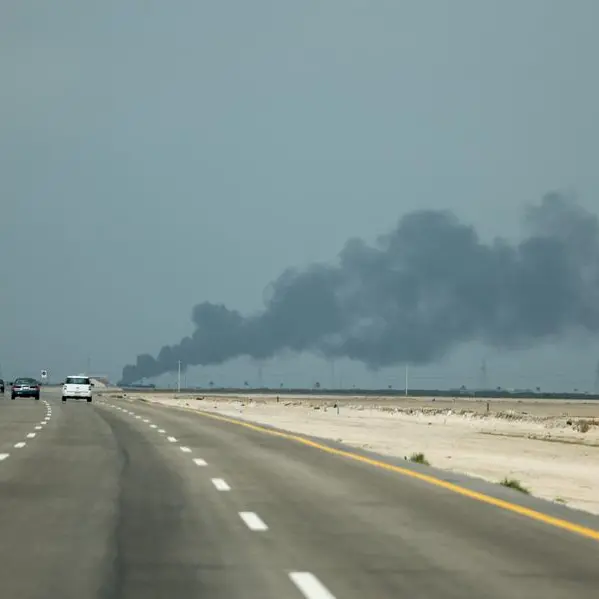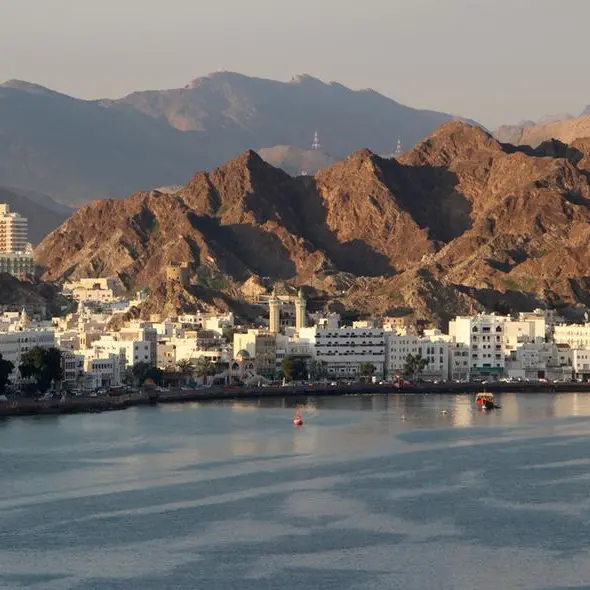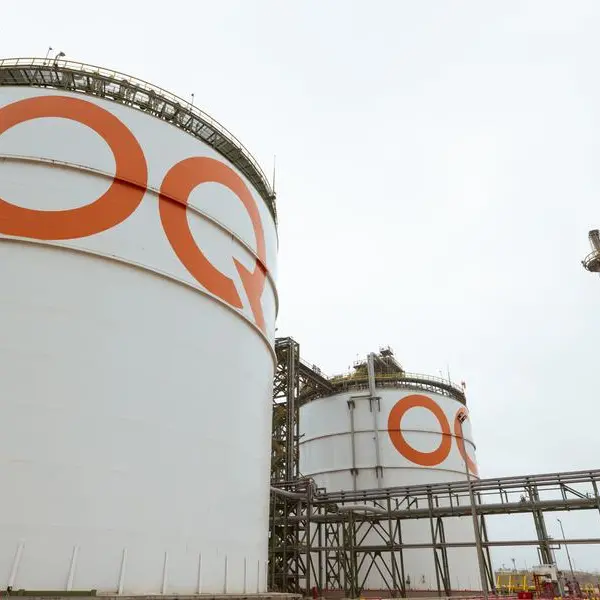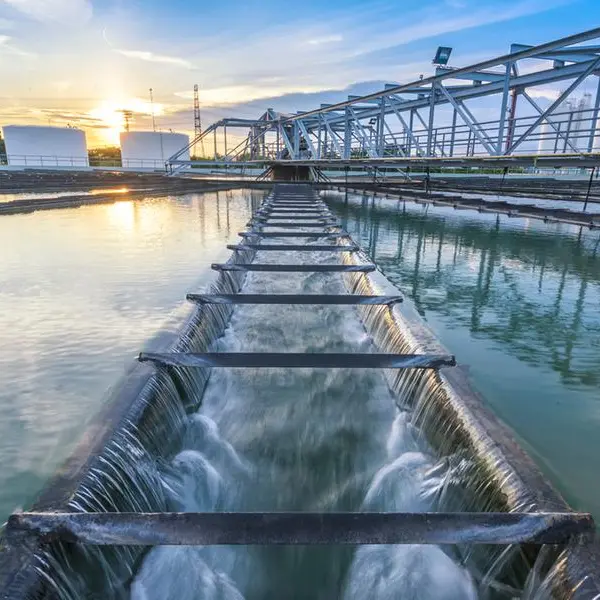PHOTO
The UAE has revealed the details of the National Policy on Biofuels, recently approved by the UAE Cabinet. The policy supports the country’s shift to clean and sustainable energy sources.
The policy has been developed by the Ministry of Energy and Infrastructure (MoEI) in coordination with its strategic partners from the public and private sectors, aiming to provide sustainable fuel alternatives and further diversify the energy mix.
Suhail bin Mohammed Al Mazrouei, Minister of Energy and Infrastructure, said. “The policy will play an important role in our decarbonisation drive. It will contribute to reducing carbon emissions through increasing the consumption of biodiesel by 20 percent by 2050. It will lower the carbon footprint of diesel cars by 75 percent in case of consuming biodiesel by 100 percent.”
He added, “The National Policy on Biofuels will help achieve the objectives of the UAE Energy Strategy 2050. It will enhance the implementation of circular economy principles in various sectors, such as infrastructure, mobility, and manufacturing, and will drive economic growth through using waste as input for production.”
The Minister noted that MoEI works collaboratively with its partners to develop regulations and controls to oversee the distribution of biofuels, establish standards governing the production and utilisation of biofuels, and implement criteria and mandates for biofuel production within the country.
He highlighted that the policy supports the objectives of the National Energy and Water Demand-side Management Programme and the UAE Net Zero by 2050 Strategic Initiative.
Ali Khalifa Alshamsi, Director General of the Emirates General Petroleum Corporation – Emarat – said, “The adoption of the National Policy on Biofuels is a strategic step that will pave the way towards supporting the UAE's leading role in clean energy production and diversification of its sources. It also aims to support the UAE’s efforts in exploring alternatives to fossil fuels, thereby enhancing energy supply and contributing to the nation's sustainability and climate action objectives.”
Al Shamsi added, “We recognise the significant efforts of various national entities within the energy sector, including Emarat, in developing the comprehensive policy document. This comes in line with Emarat's commitment to supporting the successful implementation of the terms and guidelines of this policy by adhering to it across all our operations and processes. In doing so, we will continue to drive sustainable and cost-effective energy solutions to achieve sustainable development.”
Saif Humaid Al Falasi, CEO of ENOC Group, said, “The announcement by His Highness Sheikh Mohammed bin Rashid Al Maktoum, Vice President, Prime Minister and Ruler of Dubai, to approve the National Policy on Biofuels in the UAE, reaffirms the Government's efforts to transition the energy sector in the country towards a diverse and flexible energy mix to meet future requirements and implement the UAE Net Zero by 2050 Strategic Initiative.”
Al Falasi added, “Building on ENOC's leading position in the energy sector at the national level, we launched biofuel in the UAE in 2017, which is one of the advanced alternative fuel products. We have expanded the application of this biofuel to reach various sectors, including operating Marine Abras and some of our assets such as ENOC Link trucks, in addition to providing it to customers through the innovative ‘e-link’ platform for fuel delivery.”
Yousif bin Saeed Lootah, Founder and CEO of Lootah Biofuels, said, “The UAE Cabinet's approval of the National Policy on Biofuels is a game-changer for the energy sector. Establishing a robust local biofuel market not only addresses the need to reduce emissions but also promotes sustainability in other sectors, such as transportation, agriculture, and hospitality, fostering a greener economy.
“We at Lootah Biofuels take pride in our role in developing this forward-thinking policy that recognises the multifaceted potential of biofuels. The policy reaffirms the UAE's environmental stewardship and supports the country’s goal of producing 700 million liters of sustainable aviation fuel annually and reaching net zero by 2050.”
Ahmad Bin Eisa Alserkal, Chairman of Alserkal Group, said, “The successful implementation of the National Policy on Biofuels will contribute to a decrease in the country's carbon footprint and reliance on a new, sustainable source. By encouraging the use of sustainable and renewable energy sources, the UAE is demonstrating its commitment to combating climate change and enhancing environmental management. In addition, the adoption of biofuels will not only reduce greenhouse gas emissions but will also contribute to the country's energy security and stimulate economic growth through the development of a thriving biofuel industry. Overall, the policy indicates a progressive step towards a greener and more sustainable future for the country.”
Bader Saeed Al Lamki, CEO of ADNOC Distribution, said, “The introduction of a National Policy on Biofuels is a welcome step in the UAE’s sustainable mobility journey. Representing a milestone in the forward-thinking ambition of this nation, today’s news reaffirms the Government's efforts to ensure the UAE maintains a world-class and industry-leading energy sector.”
Salem Bin Ashoor, Director and Head of Country, bp UAE, said, "Biofuels play a critical role in the global journey towards net zero emissions. It is an important component that offers decarbonisation solutions for sectors where electrification remains a challenge.
"With growing customer demand for biofuels, a nationwide policy is indispensable to regulate the sector, which is when approved, the UAE can secure biofuels demands and boost its production and supply via regulations and mandates. The biofuels national policy will significantly contribute to the UAE’s commitment to achieving its clean energy goals and Net Zero by 2050 strategic initiative.
“We, at bp, are happy to share best practices and expertise, collaborating with partners on various projects in support of the UAE’s energy transition agenda.”





















